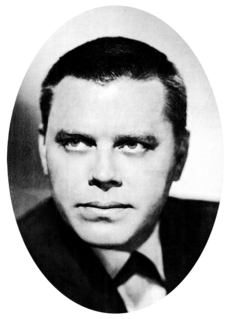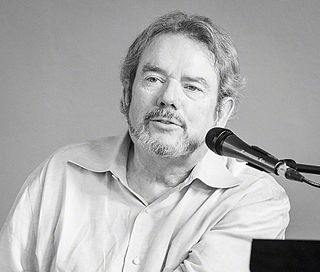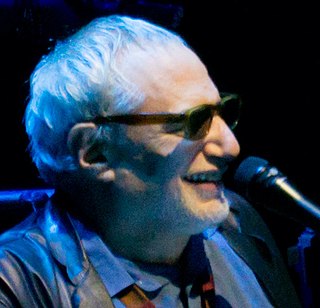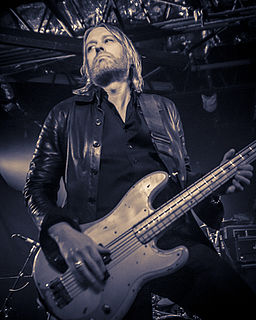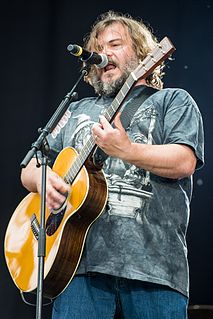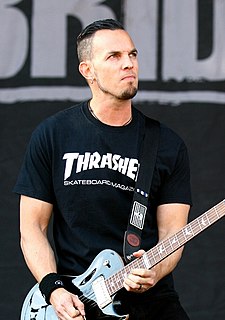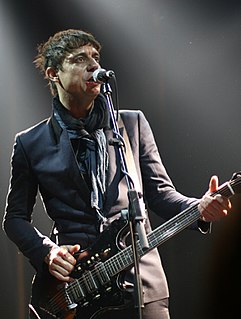A Quote by Corinne Bailey Rae
Like a Star' has a very simple melody, and when you play it, it's only about three notes for ages, and it's quite boring. But when you hear the chords, the chords are sort of different than the melody, and it's pulling it around and making it mean something else.
Related Quotes
Even if chords are simple, they should rub. They should have dissonances in them. I've always used a lot of alternate bass lines, suspensions, widely spaced voicings. Dfferent textures to get very warm chords. Sometimes you're setting up strange chords by placing a chord in front of it that's going to set it off like a diamond in a gold band. It's not just finding interesting chords, it's how you sequence them, like stringing together pearls on a string. ... Interesting chords will compel interesting melodies. It's very hard to write a boring melody to an interesting chord sequence.
Instead of thinking in terms of chords, I think of voice-leading; that is, melody line and bass line, and where the bass line goes. If you do that, you'll have the right chord. [These voices] will give you some alternatives, and you can play those different alternatives to hear which one suits your ear. Keep the bass line moving so you don't stay in one spot: if you have an interesting bass line and you roll it against the melody, the chords are going to come out right.
Melodies can be good depending on the context. You can have a simple melody, and if the harmony behind it is interesting, it can make a very simple melody really different. You can also have a complex melody. The more complex it is, the harder it is to sing, and then sometimes it can sound contrived. You could write a melody that would be fine on a saxophone but if you give it to a singer, it can sound raunchy.
Wherever inspiration comes from, it's like I'll hear a melody and chords, almost a rough structure of the whole thing [song]. I'll just hear it and chase what's in my head. The rest comes from jamming with band, improvising, seeing what comes up as well. I'll come up with it off the top of my head, catch it, sing and hum, and if something is missing, just jam, and that's the [songwriting] process.
What I really enjoy is not you; it's something that's greater than both you and me. It is something that I discovered, a kind of symphony, a kind of orchestra that plays one melody in your presence, but when you depart, the orchestra doesn't stop. When I meet someone else, it plays another melody, which is also very delightful. And when I'm alone, it continues to play.
The music has gotten thick. Guys give me tunes and they're full of chords. I can't play them...I think a movement in jazz is beginning away from the conventional string of chords, and a return to emphasis on melodic rather than harmonic variation. There will be fewer chords but infinite possibilities as to what to do with them.
I saw that something changed in terms of the way I approach writing. I don't know. Before, everything was just sort of pieced together; and more and more nowadays I'll have complete songs - chords, lyrics, a melody - and we'll apply to those songs what we feel is required. That has happened much more on Humbug album than on any of the others.
I don't really break into too many solos. But I've never been a super-big solo guy anyway. I like to make the main melody guitar lines of the songs as cool and interesting as possible without just strumming chords. I like to have chords intertwined with riffs here and there, but I'll do the riffs and the solos where the bottom will drop out. Basically, I do everything for the song, I don't do it for the solo glory. Kids aren't really into that anymore for some reason.

